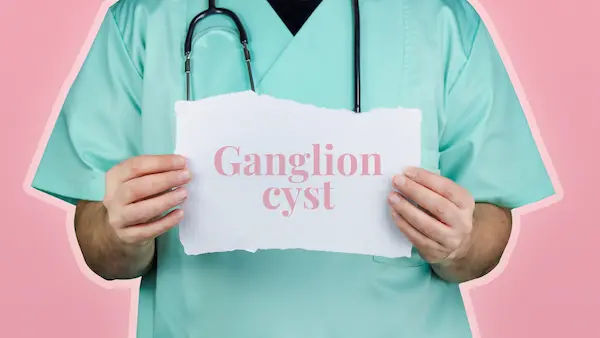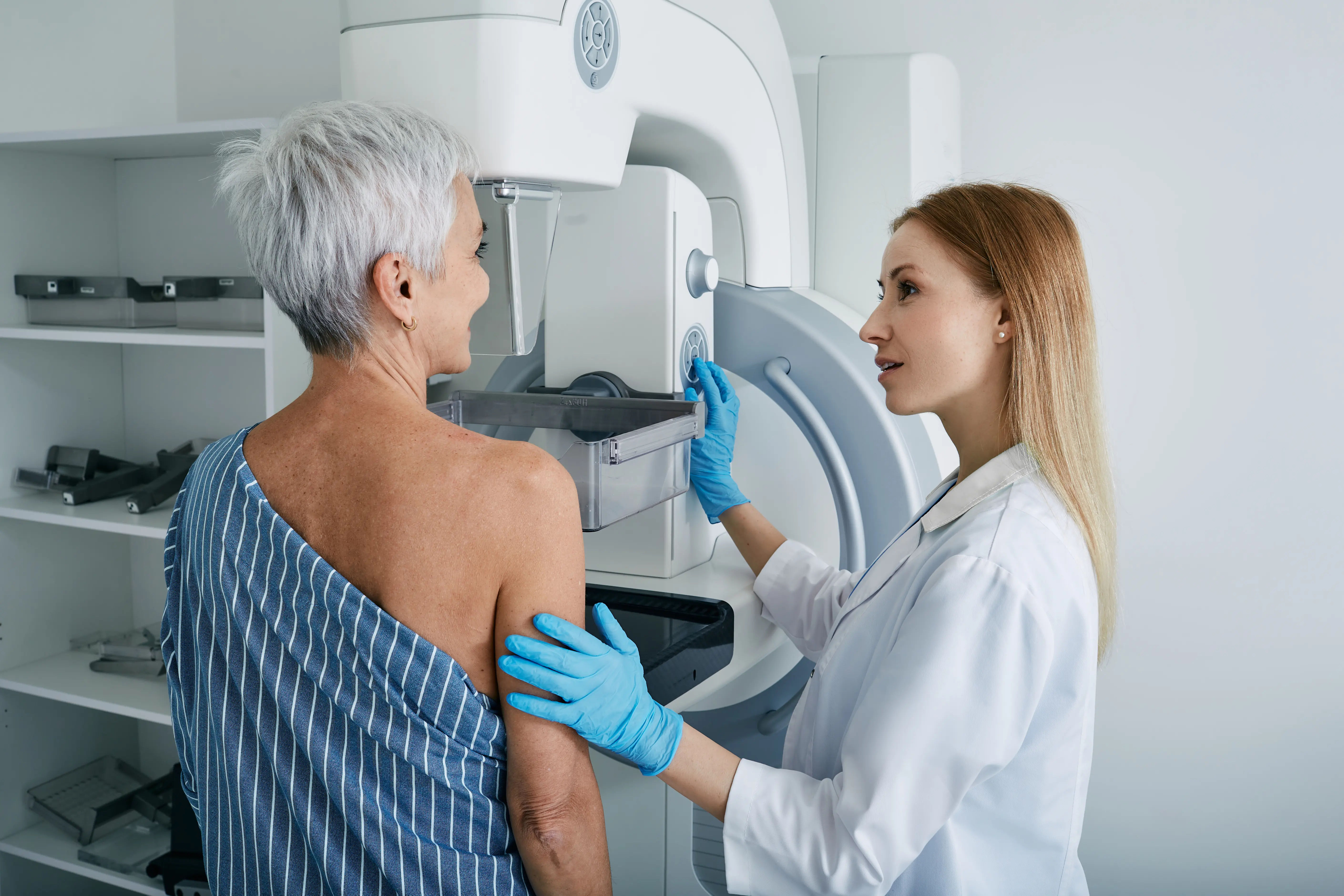Understanding Chemotherapy: An Overview
Know about chemotherapy, what it is, how it works, its administration, common side effects, and how to manage these side effects. Learn about when to seek help and more.

Written by Dr. Siri Nallapu
Reviewed by Dr. D Bhanu Prakash MBBS, AFIH, Advanced certificate in critical care medicine, Fellowship in critical care medicine
Last updated on 13th Jan, 2026

Introduction
Chemotherapy is a common and powerful treatment used to fight cancer. While the word itself might sound intimidating, understanding how it works, its benefits, and its side effects can help patients and their loved ones feel more prepared and less anxious. This article will explain chemotherapy in simple terms, covering its purpose, how it works, potential side effects, and tips for managing them.
What is Chemotherapy?
Chemotherapy (often called "chemo") is a type of cancer treatment that uses strong medicines to kill fast-growing cancer cells in the body. Unlike surgery or radiation, which target specific areas, chemotherapy works throughout the entire body, making it useful for cancers that have spread (metastasized).
Consult a top cancer specialist for the best advice
Why is Chemotherapy Used?
Chemotherapy can be given for different reasons:
To cure cancer – In some cases, chemo can completely destroy cancer cells.
To control cancer – It can slow down cancer growth and prevent it from spreading.
To relieve symptoms – Even if a cure isn’t possible, chemo can shrink tumors and reduce pain or discomfort.
Before or after other treatments – Sometimes, chemo is given before surgery (to shrink tumors) or after (to kill remaining cancer cells).
How Does Chemotherapy Work?
Cancer cells grow and divide much faster than normal cells. Chemotherapy drugs interfere with this process, stopping cancer cells from multiplying. However, since these drugs also affect some healthy cells (like those in the hair, digestive system, and bone marrow), side effects can occur.
How is Chemotherapy Given?
Chemotherapy can be administered in different ways:
Intravenous (IV) infusion – Delivered through a vein (most common method).
Oral pills or liquids – Taken by mouth at home.
Injections – Given into a muscle or under the skin.
Topical creams – Applied to the skin for certain skin cancers.
The treatment schedule varies—some patients receive chemo daily, weekly, or in cycles with rest periods in between to allow the body to recover.
Common Side Effects of Chemotherapy
Since chemotherapy affects both cancer and healthy cells, side effects are common. However, not everyone experiences the same ones, and many can be managed with proper care.
1. Fatigue
Feeling extremely tired is one of the most common side effects. Resting, light exercise (like short walks), and a balanced diet can help.
2. Nausea and Vomiting
Many patients feel sick after chemo, but anti-nausea medications can help. Eating small, frequent meals and avoiding strong smells may also reduce discomfort.
3. Hair Loss
Some chemo drugs cause hair loss, including scalp, eyebrows, and body hair. This is usually temporary, and hair grows back after treatment ends. Wearing wigs, scarves, or hats can help during this phase.
4. Weakened Immune System
Chemo can lower white blood cell counts, increasing infection risk. Washing hands frequently, avoiding crowded places, and eating well-cooked food can help prevent infections.
5. Mouth Sores
Some patients develop mouth ulcers. Using a soft toothbrush, rinsing with saltwater, and avoiding spicy or acidic foods can help.
6. Changes in Appetite
Taste changes or loss of appetite are common. Eating small, nutrient-rich meals and staying hydrated is important.
Tips for Managing Chemotherapy Side Effects
While side effects can be challenging, these tips can help make the process easier:
1. Stay Hydrated
Drinking plenty of water helps flush out toxins and reduces fatigue.
2. Eat a Balanced Diet
Focus on protein-rich foods (like eggs, lentils, and lean meats), fruits, and vegetables to maintain strength.
3. Gentle Exercise
Light activities like walking or yoga can boost energy and mood.
4. Rest When Needed
Listen to your body, take naps and avoid overexertion.
5. Emotional Support
Talking to family, friends, or joining a support group can help manage stress and anxiety.
When to Seek Medical Help
While some side effects are expected, contact your doctor immediately if you experience:
High fever or chills (sign of infection)
Severe vomiting or diarrhea
Unusual bleeding or bruising
Difficulty breathing
Final Thoughts
Chemotherapy is a powerful tool in fighting cancer, but it can be physically and emotionally demanding. Understanding what to expect and how to manage side effects can make the journey smoother.
Consult a top cancer specialist for the best advice
Consult a top cancer specialist for the best advice

Dr.sanchayan Mandal
Medical Oncologist
17 Years • MBBS, DrNB( MEDICAL ONCOLOGY), DNB (RADIOTHERAPY),ECMO. PDCR. ASCO
Kolkata
Dr. Sanchayan Mandal Oncology Clinic, Kolkata

Dr. Sanchayan Mandal
Medical Oncologist
17 Years • MBBS, DNB Raditherapy, DrNB Medical Oncology
East Midnapore
VIVEKANANDA SEBA SADAN, East Midnapore

Dr Gowshikk Rajkumar
Oncologist
10 Years • MBBS, DMRT, DNB in Radiation oncology
Bengaluru
Apollo Clinic, JP nagar, Bengaluru

Dr. Gopal Kumar
Head, Neck and Thyroid Cancer Surgeon
15 Years • MBBS, MS , FARHNS ( Seoul, South Korea ), FGOLF ( MSKCC, New York )
Delhi
Apollo Hospitals Indraprastha, Delhi
(25+ Patients)

Dr. Ruquaya Ahmad Mir
Surgical Oncologist
20 Years • MBBS, DNB
Delhi
Apollo Hospitals Indraprastha, Delhi
(25+ Patients)



